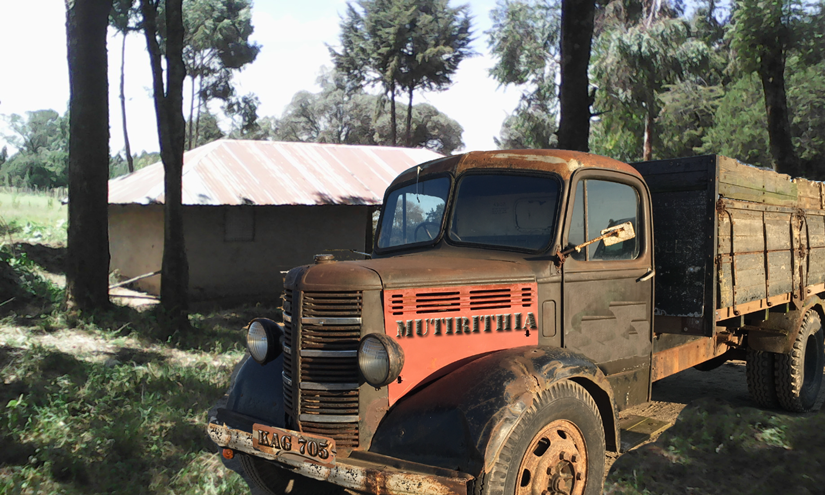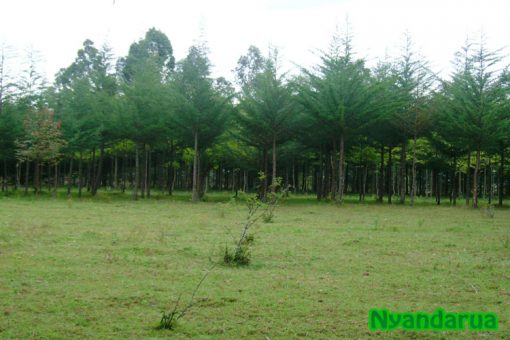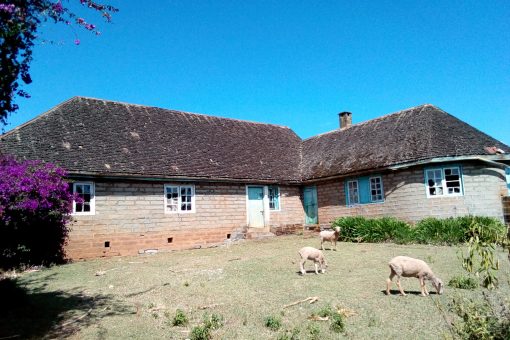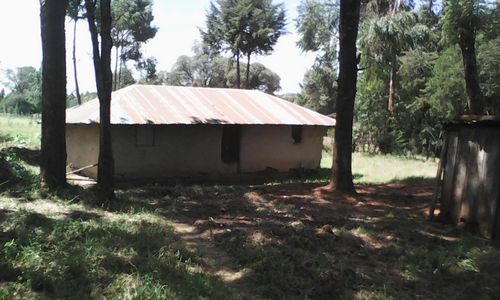The people who came to Nyandarua after Independence to purchase land were fairly young and energetic, probably in their late 20s with the oldest ones being in their 40s. But as young as they were, majority of them were unfortunately illiterate or semi-illiterate because they had just come from under colonial oppression where education was never guaranteed for majority of the native youth in the country.
Nyandarua homesteads were mainly occupied by nuclear families comprising of young parents and their young children. GrandParents and extended families were left back in Gikuyu, making Nyandarua of the late 1960s, 70s and 80s a very youthful society. It was very rare to see an elderly person in Nyandarua unless they were visiting from Gikuyu. For us who grew up in Nyandarua, we only met our older relatives when we visited Gikuyu or they came visiting us.
I am awed by the bravery and grit our parents must have had to leave their familiar neighborhoods in Gikuyu where they grew up, leaving their parents and relatives behind to relocate to an unfamiliar place, to live amongst strangers. In Gikuyu, they had grown up on small strips of land but now, they were the land owners with huge chunks of land to develop as they raised their young families.
They built schools for their children to receive an education, an opportunity that eluded them in their youth under colonial rule. They formed Cooperative Societies and kept their programs running and expanding. They built and rehabilitated necessary infrastructure like roads, bridges, cattle dips and much more while breaking ground on their virgin lands turning them into money makers. They helped their children assimilate in this brand new community while cautiously studying who their immediate neighbors were and what their family values were, before they could comfortably allow their children to interact.




